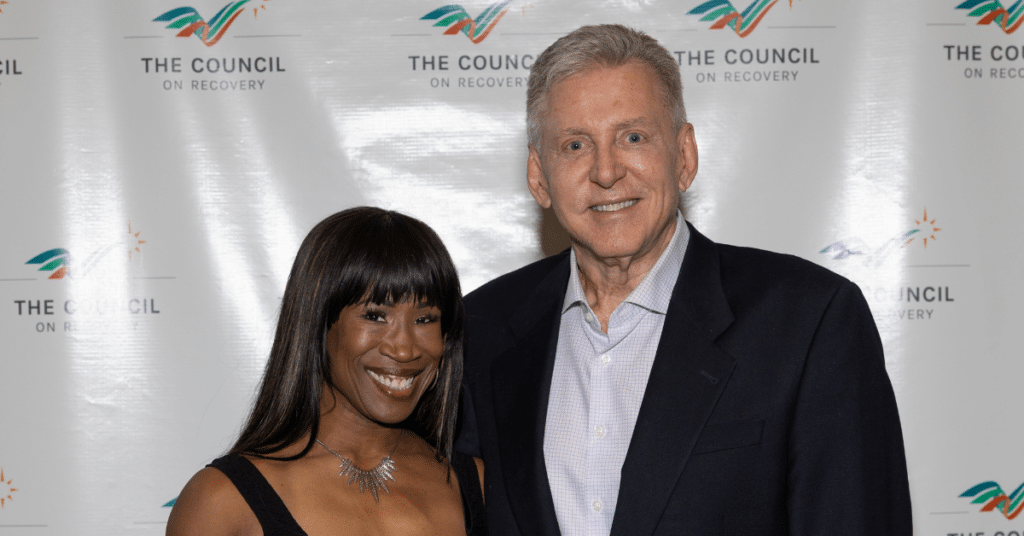Since our founding in 1946, The Council has been able to continue and expand upon our mission because of the incredible individuals who have stepped up and supported us. For three decades, Daniel S. Cartwright has been one of those individuals. Dan began serving The Council as a volunteer shortly after starting his recovery journey, and throughout the years, he has become one of our most committed and generous leaders. He served on various Council boards for more than a decade, including serving as Chairman of the Board of Trustees, before joining our Honorary Lifetime Board in 2008.
Among his many contributions, Dan served on the steering committee for The Council’s Restoring Hope, Rebuilding Lives capital campaign, which raised $11 million for the construction of our beautiful campus. He received The Council’s Jay Waggoner Service Award in 2005 and is also a devoted supporter of our annual Holiday Party, which delivers gifts and seasonal cheer to families in a safe, sober environment. He is a steadfast supporter of our Speaker Series luncheons, and through his influence, has helped open the door to recovery for an untold number of lives.
For his unwavering support of The Council and Houston’s recovery community, Dan will receive the Lifetime Achievement Award at The Council’s 2023 Fall Luncheon with Craig Ferguson. We sat down with Dan to talk about his recovery journey and relationship with The Council.

Tell us how you first got involved with The Council.
After I first went through the steps, my sponsor suggested that I get involved on several different levels in recovery, and that I be of service to the community in some way. I asked around, and several people mentioned The Council. I went over there, sat and talked with the director, and I liked what they were doing.
What about our work initially drew you in?
The director shared their vision on how they wanted to grow The Council and reach not hundreds, but thousands of people. At that time, there weren’t a lot of organizations in the community doing what The Council was doing. I’m one of those people who likes challenges, so to be of service at a very grassroots level and to help expand The Council’s work resonated with me.
What do you think the biggest change in the landscape of addiction treatment has been since you’ve been involved with The Council?
There have been more and more opportunities for The Council to be of service, for instance, getting involved in the court system. And to have these other programs, like for ladies that are pregnant and want to get sober, I think is just an amazing development. Thirty years ago, there was no such thing. There’s also been a considerable reduction in the stigma associated with addiction. There is hardly a family that isn’t affected in one way or another by addiction, depression, and other disorders.
What message you would share with people who are actively affected by addiction currently?
I always ask people three questions: Do you think you have a drinking problem? Are you ready to do something about it? And if they say yes to that, I say, are you ready to do something about it right now? If so, let’s get you to a treatment center. Our best thinking got us here, so your thinking’s just not working anymore, and there is a better way.
Is there anything else you want to share with us about your time in recovery and with The Council?
The old saying is, “To keep it, you’ve got to give it away.” I’ve given it away through The Council and other recovery efforts, and I get back tenfold. It is a spiritual journey, and it’s hard to explain that. It makes people recoil sometimes when you talk about God, but it’s God of their making. It’s not necessarily a religious explanation. And if a person is defeated by alcohol, there is a better way.
Help us honor and celebrate Dan’s lifetime of service by reserving your spot at The Council’s 2023 Fall Luncheon with Craig Ferguson.
